

By Region
Neutral benchmark Min. Max.
North America 25.00% 35.00%
Europe 25.00% 35.00%
Developed Asia 10.00% 20.00%
Emerging markets 15.00% 25.00%
................................................................................
Neutral benchmark Min. Max.
North America 25.00% 35.00%
Europe 25.00% 35.00%
Developed Asia 10.00% 20.00%
Emerging markets 15.00% 25.00%
................................................................................
FALCONTrust
"for a better today..."
>> Our Projects
By Asset Class
Neutral benchmark Min. Max.
Developed Equities 35.00%......45.00%
Emerging Market Equities 10.00%......20.00%
Small Cap Equities 1.00%........5.00%
Government Bonds 10.00%......20.00%
Credit 5.00%......10.00%
Alternative 5.00%......10.00%
Real Estate 5.00%......10.00%
Private equity 2.00%........8.00%
Infrastructure 1.00%........5.00%
Cash 0.00%.......10.00%
Neutral benchmark Min. Max.
Developed Equities 35.00%......45.00%
Emerging Market Equities 10.00%......20.00%
Small Cap Equities 1.00%........5.00%
Government Bonds 10.00%......20.00%
Credit 5.00%......10.00%
Alternative 5.00%......10.00%
Real Estate 5.00%......10.00%
Private equity 2.00%........8.00%
Infrastructure 1.00%........5.00%
Cash 0.00%.......10.00%
Note: The above denotes neutral benchmark ranges within which allocations can fluctuate, hence they do not total 100%.
Falcon Trust's investment strategy involves looking beyond individual economic cycles and focusing on strategies aimed at capturing secular trends and outperforming the market over the long term.
The Strategy Unit is at the heart of this process. Its market strategists and asset specialists, supported by quantitative analysts, identify new and emerging trends in the global economy and then compare the potential risks and returns of different asset classes within those scenarios. The result is a recommended portfolio mix that contains more than two dozen asset classes and sub-categories, each with a fixed weighting, which together form Falcon Trust’s shared, long-term view of the world, or "neutral benchmark."
Our investment strategy requires a careful balance between discipline and flexibility: discipline to ensure the portfolio remains closely aligned with our long-term vision; and flexibility to react to major changes ahead of long-term trends, such as our decision to begin investing in alternatives as early as 1986 and in private equity in 1989.
The Strategy Unit regularly reviews the neutral benchmark and suggests any necessary changes to either new or existing asset classes and their respective weightings. It also researches and proposes medium-term strategies around the benchmark with the objective of enhancing returns. This may include occasional "off-benchmark" opportunistic investments. Its recommendations are subject to rigorous internal review and must ultimately be approved by the Managing Director.
Once approved, Falcon Trust's investment departments are given mandates with specific benchmarks, guidelines and excess return targets.
The Strategy Unit is at the heart of this process. Its market strategists and asset specialists, supported by quantitative analysts, identify new and emerging trends in the global economy and then compare the potential risks and returns of different asset classes within those scenarios. The result is a recommended portfolio mix that contains more than two dozen asset classes and sub-categories, each with a fixed weighting, which together form Falcon Trust’s shared, long-term view of the world, or "neutral benchmark."
Our investment strategy requires a careful balance between discipline and flexibility: discipline to ensure the portfolio remains closely aligned with our long-term vision; and flexibility to react to major changes ahead of long-term trends, such as our decision to begin investing in alternatives as early as 1986 and in private equity in 1989.
The Strategy Unit regularly reviews the neutral benchmark and suggests any necessary changes to either new or existing asset classes and their respective weightings. It also researches and proposes medium-term strategies around the benchmark with the objective of enhancing returns. This may include occasional "off-benchmark" opportunistic investments. Its recommendations are subject to rigorous internal review and must ultimately be approved by the Managing Director.
Once approved, Falcon Trust's investment departments are given mandates with specific benchmarks, guidelines and excess return targets.


Below are some of our biggest successes and construction projects

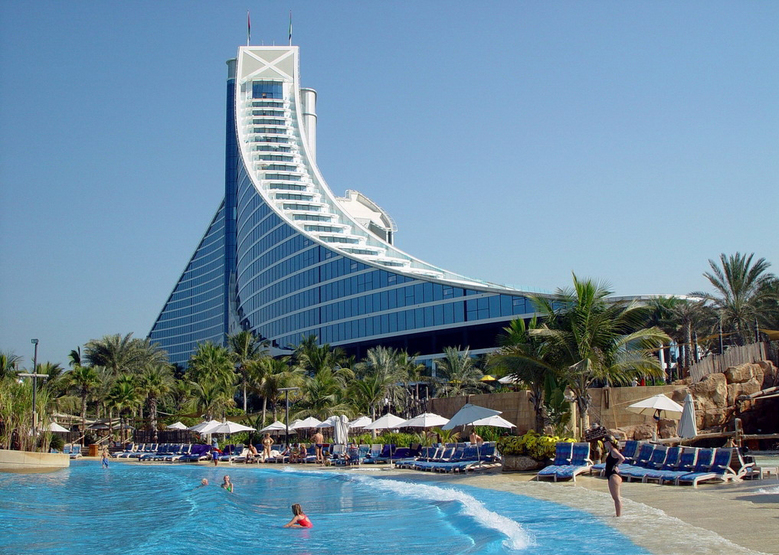
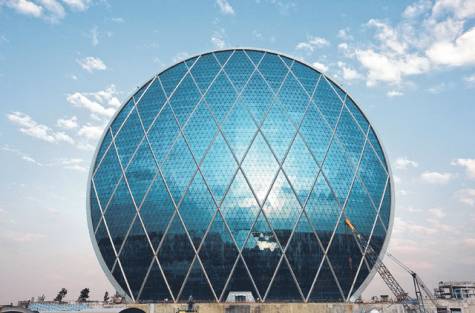
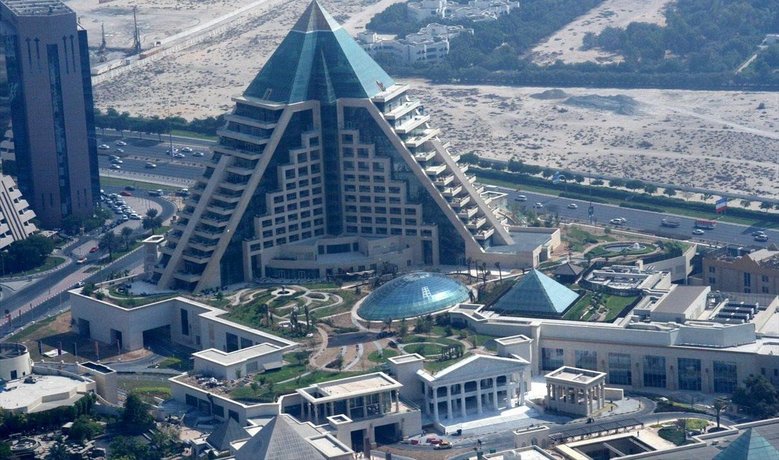
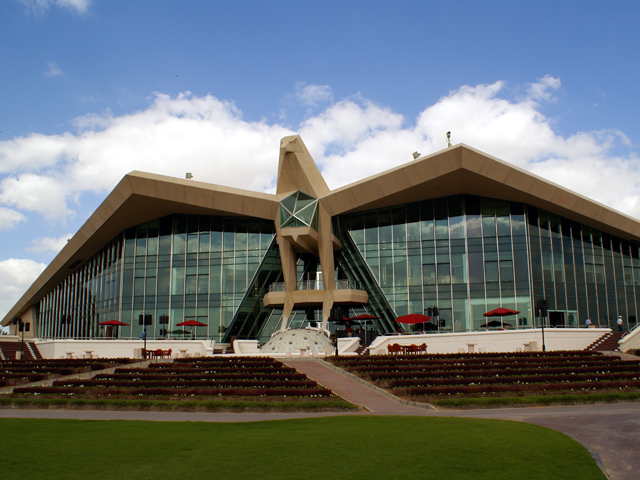
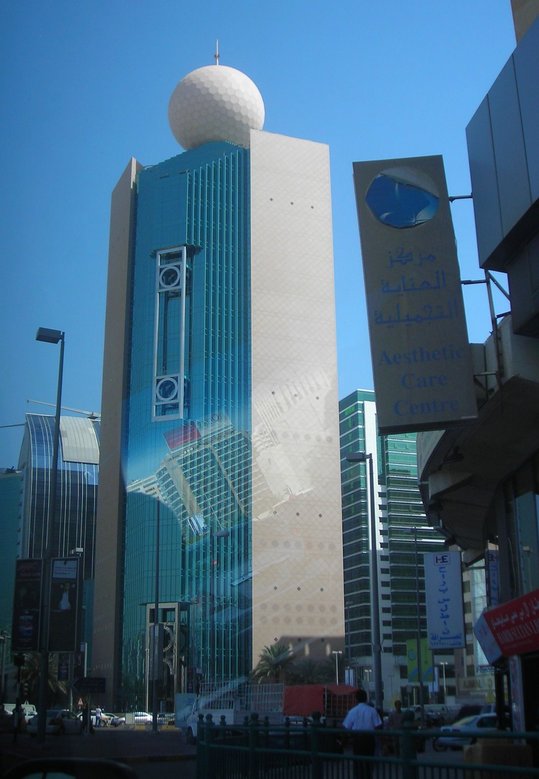
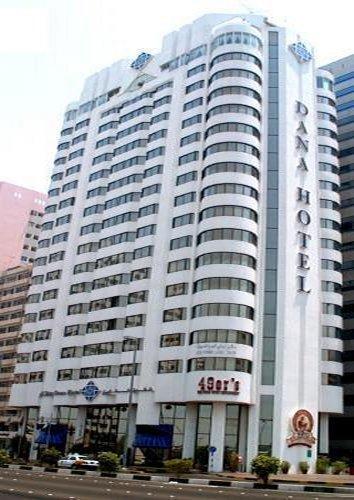
The Emirates Palace (Abu Dhabi)
Jumeirah Beach Hotel (Dubai)
Aldar Building (Abu Dhabi)
Raffles (Dubai)
Abu Dhabi Golf Club and Resorts
Emirates Telecommunications Corporation - Etisalat- (Abu Dhabi)
Al Diar Dana Hotel (Abu Dhabi)

FalconTrust's investment departments are responsible for designing and managing investment portfolios, within the parameters set for them through the asset allocation process. These departments, which between them invest across multiple asset classes and geographies, have sole discretion over the origination and recommendation of investment proposals.
• Alternative Investments
• External Equities
• Fixed Income & Treasury
• Infrastructure
• Internal Equities
• Private Equities
• Real Estate
The Alternative Investments Department invests in externally-managed futures and hedge funds, while also operating a small internal team that invests directly in futures markets.
The Department’s goal is to generate long-term capital appreciation with low volatility and low correlation to traditional global equity and fixed income markets. Its team of portfolio managers, investment managers and analysts is responsible for identifying and assessing external managers across a pool of approved strategies and asset types.
Falcon Trust's portfolio of hedge fund investments is broadly diversified across macro, relative-value, event-driven and market-neutral equity strategies.
In managed futures, our portfolio is spread across multiple strategies and involves trading futures contracts in hard and soft commodities, fixed income and currency derivatives and equity indices of all kinds, based in large part on technical analysis.
External Equities is a general term used to describe the activities of investing departments responsible for appointing and monitoring external fund managers investing in different regions. These include: the Americas, Europe, Far East and Emerging Markets. Each department is divided further into both active and passively-managed mandates. In total, FT operates more than 100 external equity mandates, which follow an agreed strategy that adheres strictly to FT’s specified investment guidelines. The trading activities of all managers are monitored on a daily basis, backed up by regular internal reports on performance, risk and adherence to FT’s guidelines. This is complemented by regular review meetings and site visits by representatives of FT’s External Equities departments.
The Fixed Income & Treasury Department serves multiple functions, which include managing FT's liquidity needs and cash investments in the short-term money markets, as well as managing its portfolio of investments across a range of fixed-income securities. The Department manages funds both internally and through external managers and is assisted by support departments, including a department that executes its trades. In addition to money markets, the Department's investments can be grouped into four broad categories: global government bonds, global inflation-linked bonds, emerging market bonds and global investment-grade credit. Its objectives are to meet FT's liquidity needs and to obtain returns above its respective fixed income benchmarks while maintaining an acceptable level of risk.
The Infrastructure Group was created in 2007 to build and manage a global portfolio of infrastructure investments, which are attractive to long-term investors such as FT due to their relatively stable returns. The Infrastructure Group's core focus is on assets with strong market-leading positions and relatively stable cash flows, including utilities, such as water, gas and electricity distribution and transmission companies, as well as transport infrastructure, such as toll roads, ports, airports and freight railroads. Its primary strategy is to acquire minority equity stakes alongside proven partners, with an emphasis on developed markets but an ability to look at emerging markets on an opportunistic basis. In keeping with ADIA's overall approach, the Infrastructure Group is a minority financial investor and does not seek to control or operate the assets in which it invests.
The Internal Equities Department invests directly into global equity markets, rather than through external fund managers. We created the Department in early 2008 to bring all of FT's regionally-focused fund managers onto a common platform, as a means of enhancing co-ordination and promoting internal debate about global market events and trends.
Internal Equities is divided primarily between Active portfolios, and Passive & Quant portfolios. There are seven Active regional teams, each with a portfolio manager and analysts, as well as sector specialists in some cases. Passive & Quant is divided into two regional teams – Developed Markets and Emerging Markets. The Department's goal is to generate returns that outperform its benchmark through disciplined execution and by exploiting inefficiencies and volatility in equity markets.
The Private Equities Department is responsible for investing in global private equity funds and assessing selected opportunities to co-invest alongside external funds. We began investing in private equity as early as 1989, to diversify FT’s portfolio and seek risk-adjusted returns that exceed those possible in the public equity markets.
The Department has four main divisions, focusing on investments in primary funds, secondary and distressed funds and carefully-selected co-investments alongside external managers. Its assets are broadly diversified by geography, as well as by industry, investment philosophy, size and time-frame.
We closely monitor performance and measure it against two benchmarks, the first of which analyses returns against a group of peers over a trailing six year period, while the second aims to outperform the quoted equity market over 10 years
The Real Estate Department is responsible for building and managing a diversified portfolio of global real estate assets, both through direct investments and the use of external funds.
The Department divides its activities into regional teams, each with its own investment managers and analysts, and a separate, globally-focused hospitality team. Together, their primary focus is to invest directly in assets with stable cash flows, through joint ventures with experienced local partners or through external managers who are closely directed by FT’s in-house team.
The Department has a flexible approach that allows it to invest across the size spectrum and across capital structures, while capturing new opportunities in the market as they arise.
A finance team supports the investment managers, and is responsible for structuring and executing investments, budgeting, performance reports and other analysis which assists the investment team in developing its long-term, global view of the mark.
FT's investment departments work in close collaboration with support departments, including Investment Services Department, Internal Audit, Legal, IT and HR.
